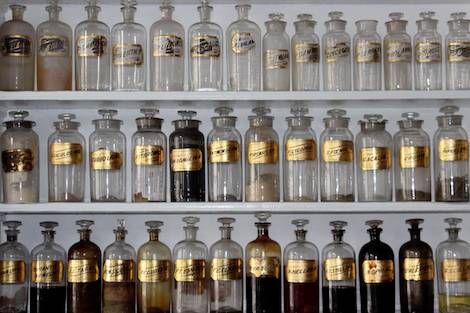
5 Fiction and Nonfiction Narratives About Medicine
I have no medical education or training, but I’ve always been interested in reading about medicine. These books are ideal for people like me, who have a casual interest in science and medicine. They’re compelling and accessible to a general audience, but all of them contain graphic descriptions of medical procedures that might be disturbing.
Literary fiction often asks serious questions, such as: Are we predestined to be like our parents? What are the most important experiences and relationships in life? Although they approach them differently, non-fiction books ask many of the same questions.
 Being Mortal by Atul Gawande
Being Mortal by Atul Gawande
Gawande, a surgeon and Harvard Medical School professor, ties together his career, memories of his father’s death, and opinions on end-of life-care. He observes, “We want autonomy for ourselves and safety for those we love.” Gawande shows how contemporary American medicine often infantilizes disabled, sick, or elderly patients. He also criticizes medicine for trying to delay death at all costs, instead of prioritizing patients’ choices and comfort. Although the subject matter is often sad, it offers a fascinating perspective.
 Awakenings by Oliver Sacks
Awakenings by Oliver Sacks
All of the late Oliver Sacks’s work was brilliant. A neurologist and author of several books, he was always fascinated by the vagaries of the mind. This book details the survivors of an encephalitis lethargica (“sleeping sickness”) epidemic after World War I. After decades in a semi-conscious state, they were given the experimental medication L-DOPA in 1969. The variety of the patients’ personalities and reactions, and the ethical questions the book raises, make the case study unforgettable.
 What Doctors Feel by Danielle Ofri
What Doctors Feel by Danielle Ofri
Ofri, a doctor at Bellevue Hospital in New York City, explores the emotional toll that practicing medicine can have on doctors. Her work attempts to bridge the gaps in communication and understanding that sometimes exist between doctors and their patients. Professional burnout and doctors’ mental health are overlooked, necessary topics.
(Disclaimer: I was an intern at Beacon Press around the time that they published this book, but that’s not why I’m recommending it.)
 Cutting for Stone by Abraham Verghese
Cutting for Stone by Abraham Verghese
This is an ambitious novel that spans several decades and continents: from 1940s Ethiopia to the U.S. It interweaves the effects of war and colonialism in Ethiopia, the strong bond between twins Shiva and Marion Stone, and their parents’ forbidden love story. Like his character Marion, Verghese is a physician. This novel provides a lot of fascinating medical and historical information and gives us a glimpse into doctors’ emotional lives.
 When Breath Becomes Air by Paul Kalanithi
When Breath Becomes Air by Paul Kalanithi
Kalanithi was a neurosurgeon and writer who died of Stage IV lung cancer in 2015 at age 37. Published after his death, his autobiographical book follows him through his diagnosis, residency, and the birth of his daughter. Kalanithi grapples with his mortality both as a patient and a doctor.
See also: Books I’m Reading to Better Understand Illness and Death



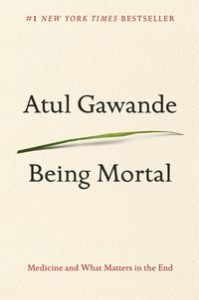 Being Mortal
Being Mortal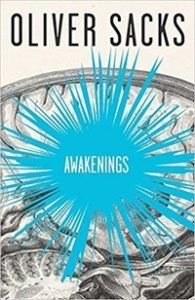 Awakenings
Awakenings 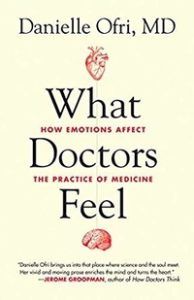 What Doctors Feel
What Doctors Feel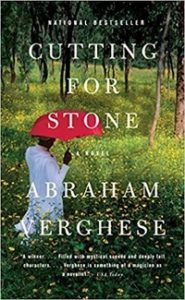 Cutting for Stone
Cutting for Stone 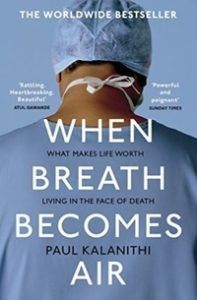 When Breath Becomes Air
When Breath Becomes Air












